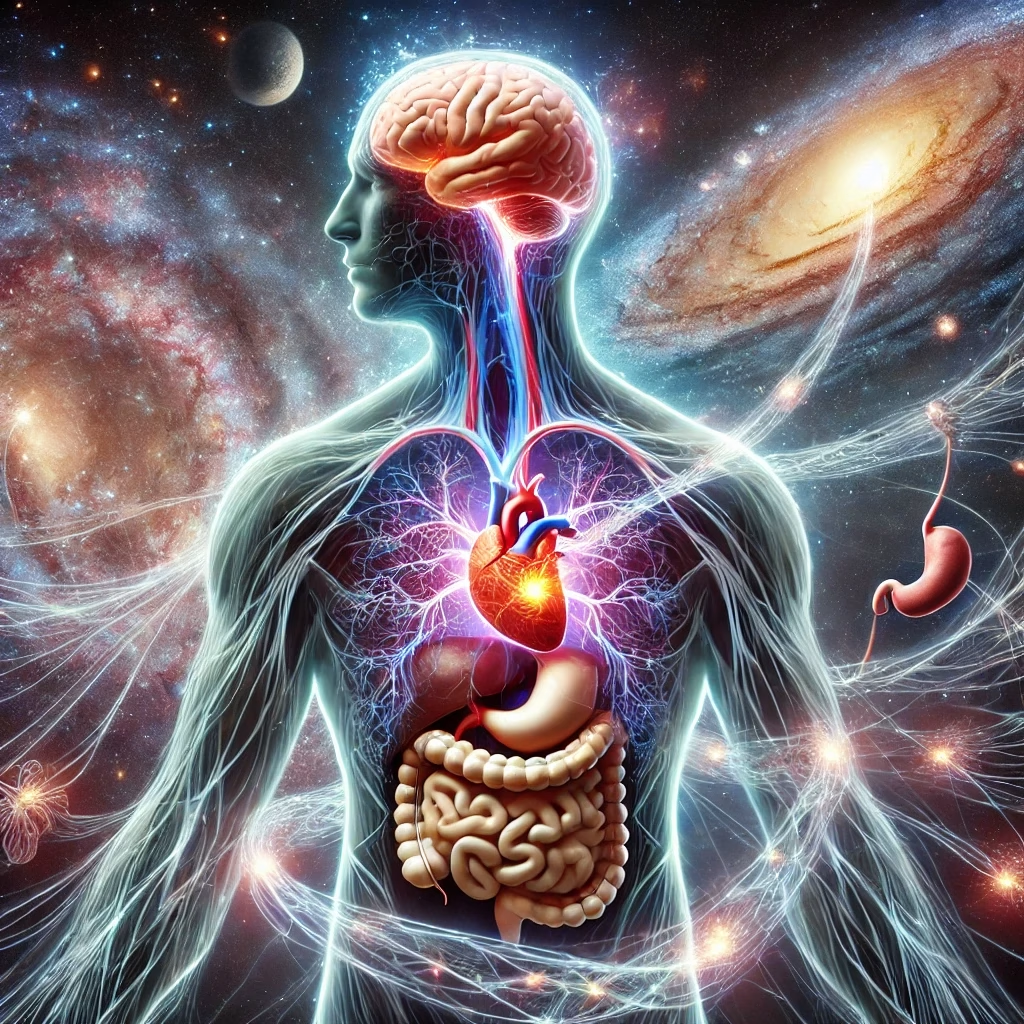Repetition. The very word might conjure yawns and grimaces, as if it’s the villain of our creative aspirations. But let me tell you, dear reader, it’s no villain—it’s the quiet hero of mastery, the workhorse of genius. Without it, all the creative thinking in the world is little more than a horse without a cart. Ideas, no matter how grand, are as good as lost without the steady hammer of practice to forge them into reality.
Consider the brain, that miraculous three-pound lump of fat, protein, and water we so often take for granted. It’s a marvel, cranking out miracles by the second, processing a million memories, building connections, and deciding how to put one foot in front of the other. And yet, for all its brilliance, it’s also something of a lazy beast—it needs constant reminders to hold on to what matters. That’s where repetition comes in, layering our memories like coats of paint until the picture becomes vivid and indelible.
Now, you might think you’re clever enough to do without it. But let me paint a picture for you: imagine trying to tighten a screw without a memory to guide you. The first time might feel like an awkward dance, hands fumbling and head spinning with instructions. But by the thousandth screw, your hands move as if guided by some divine autopilot. That’s the magic of muscle memory.
Muscle memory isn’t some mystical force, though it can feel like one. It’s your body’s way of saying, “Don’t worry, I’ve got this.” When you practice a task repeatedly, your brain starts handing over control to your muscles, allowing them to perform almost instinctively. Your fingers remember the piano keys, your hands remember the tennis racket, and your legs remember the staircase. It’s like your body writes a manual for the task and stores it in a secret compartment, ready to whip it out whenever you need it.
But here’s the thing: muscle memory isn’t just about muscles. Your brain has its own version of it—a cognitive muscle memory, if you will. The brain is a pattern-loving machine. Repetition carves grooves in its pathways, like tire tracks in mud. Each time you practice, those grooves get deeper, allowing information to flow faster and more efficiently. This is why a seasoned carpenter can tighten a screw without a second thought, and why you can recite your favorite song lyrics even when you haven’t sung them in years.
Of course, this all sounds straightforward until life throws you a curveball. Age creeps in, or perhaps a pesky thing like Parkinson’s comes knocking, and the things you once did with ease—climbing stairs, playing the violin, or bidding in bridge—start slipping away. But here’s the secret: repetition isn’t just about learning new things; it’s also the key to recovering what’s been lost. Whether you’re an aging violinist or someone relearning to climb stairs, the process is the same: practice, practice, practice.
Key Strategies for Repetition Success:
- Do it often. The more you practice, the stronger the memory. Frequent repetition, like Steph Curry shooting hundreds of hoops daily, can make even complex behaviors automatic.
- Practice perfectly. Imperfect practice leads to imperfect results. Strive for precision in every attempt.
- Refresh regularly. Even mastered skills fade without maintenance. Regularly revisit and practice them, just as legendary violinists like Jascha Heifetz practiced scales every day.
- Start slow. Begin practicing at a slower pace to ensure accuracy before gradually increasing speed.
- Practice in realistic settings. Mimic the conditions where you’ll perform. Practicing a speech in a quiet room won’t prepare you for delivering it to a noisy crowd.
So, let’s put to rest the notion that repetition is dull. It’s the unsung hero of brilliance, the cornerstone of mastery, and the secret sauce of success. If it’s good enough for Mozart, Michael Phelps, and the finest minds and hands of humanity, it’s good enough for you and me. So pick up that tennis racket, climb those stairs, or type that speech one more time. You might just find that the road to greatness is paved with the same small, repeated steps—and a bit of muscle memory, too.
So next time you groan at doing something again, just remember: gold is only found by those who keep digging in the same spot. Now go swing your pickaxe, friend—the motherlode of mastery’s waiting
EXTRA CREDIT
Mastering the Art of Instinct: The Symphony of Muscle Memory
Master Self-Discipline—It’s the Key to Long-Term Success
© 2025 insearchofyourpassions.com - Some Rights Reserve - This website and its content are the property of YNOT. This work is licensed under a Creative Commons Attribution 4.0 International License. You are free to share and adapt the material for any purpose, even commercially, as long as you give appropriate credit, provide a link to the license, and indicate if changes were made.








